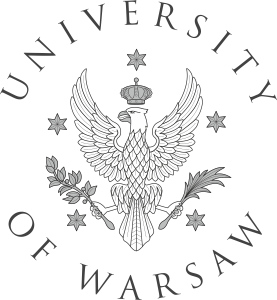The Centre of New Technologies invites to a webinar by
prof. Joanna Kargul,
Centre of New Technologies, University of Warsaw
Title: Solar-driven fuel production: Fundamental science meets industry in a quest for a shift towards a circular economy.
Date: 9th April 2021 (Friday)
Time: 12:00 pm (Central European Time)
Host: prof. Joanna Trylska
Virtual seminar: https://us02web.zoom.us/j/83847043860
Meeting ID: 838 4704 3860
To subscribe to receive announcements about CeNT UW seminars or to unsubscribe please click here
CeNT-UW-Webinars-instruction-for-attendees
Abstract:
The race for the viable artificial leaf systems that can be incorporated into the sustainable product value chains is fiercer than ever and the stakes are high – decarbonization of industry, establishing the C-circular economy and amelioration of the man-made climate change. The fundamental process of photosynthesis has been optimized by nature for over 3.5 billion years of evolution. It is directly responsible for all the air we breathe, all the food we eat and all the fuel we burn. Artificial photosynthetic devices mimic this process by using the simplest and widely abundant molecules, i.e., water, CO2, and nitrogen and converting them into carbon-neutral solar fuels and other products, such as fertilizers and high value chemicals. Recent progress in the understanding of fundamental mechanisms of photosynthesis makes it now possible to contemplate developing, in a reasonable timeframe, the artificial photosynthesis technologies driving the production of sustainable fuels and commodity chemicals using the power of the Sun as the only energy source.
For efficient „green” solar energy conversion, it is essential to develop new paradigms for the rational design of highly efficient and viable (≥TRL8) artificial photosynthetic devices by utilising state-of-the-art synthetic and biological photo-converting materials, as well as devising highly organised nanoarchitectures in order to make large gains in solar energy conversion compared to the present-day technologies. Only by combining fundamental mechanistic studies of charge transfer with optimisation of the conductive molecular interface between the robust working modules operating at high quantum efficiencies can we tap into the Holy Grail of viable solar-to-fuel technologies. I will overview recent advances in the field, also including our own work at CeNT UW which focuses on the biosolar technologies, whereby robust natural photoenzymes and advanced synthetic materials are rationally interfaced to yield the devices that show significantly improved light harvesting functionalities and solar conversion efficiencies.

